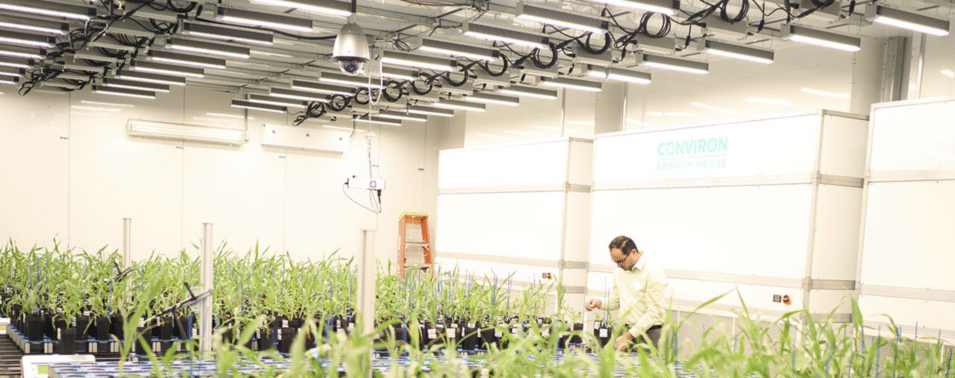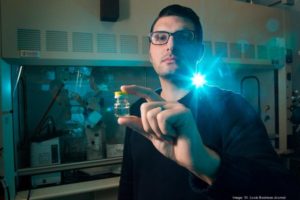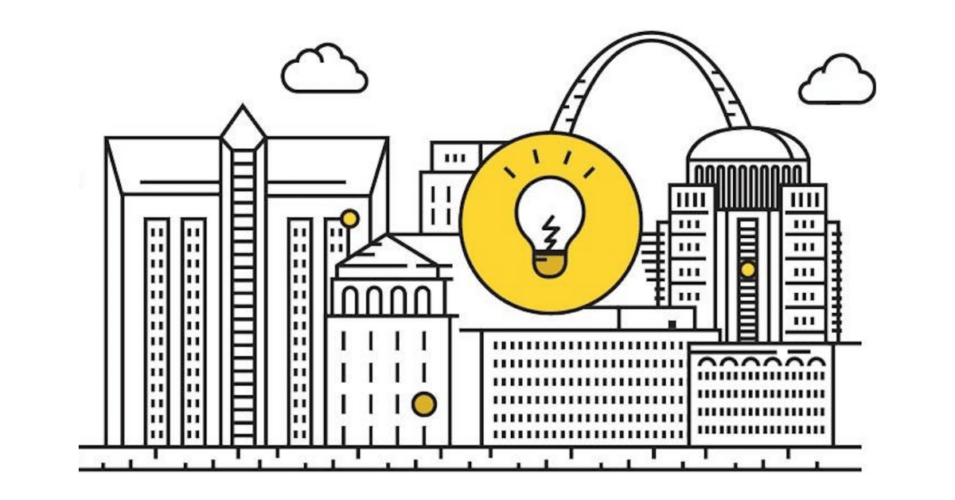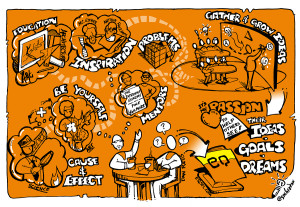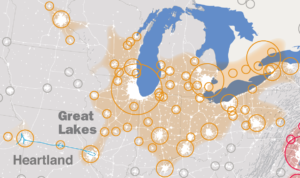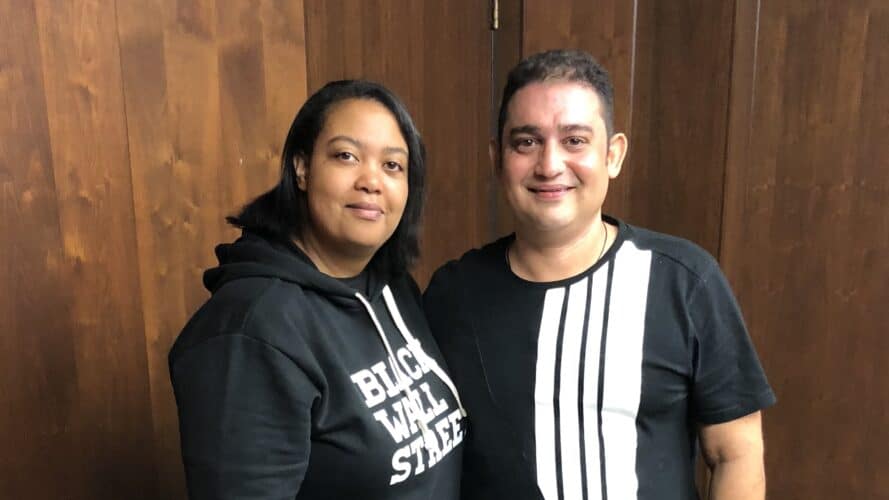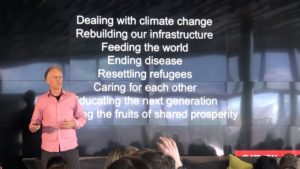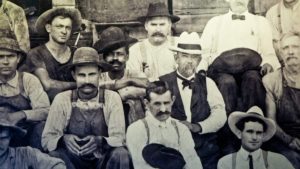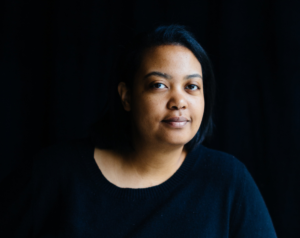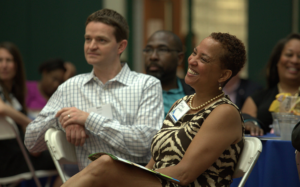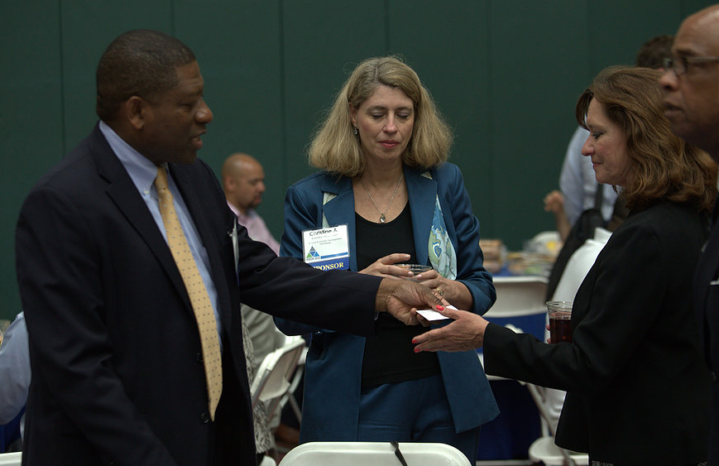
Presented by BioSTL
How BioSTL and Dr. Cheryl Watkins-Moore are Bringing New Talent to the Life Sciences Sector
Getting Everyone Involved.
A regional symposium aimed at building a wholly-inclusive, diverse innovation community, VISION 2016 is a way for anyone interested in dipping a toe into the startup ecosystem—particularly women and minorities—to get involved and learn more. And just because you aren’t in the life sciences field, doesn’t mean there isn’t a place for you.
“The founders who start these companies are the technical experts,” says Dr. Cheryl Watkins-Moore, MBA program director for BioSTL’s Bioscience & Entrepreneurial Inclusion Initiative.
“But they still need the functional roles supported by people who understand legal, regulatory, marketing finance, bookkeeping, etc. as they build successful new ventures. There are opportunities for individuals to build a new venture, work in a start-up or even mentor a start-up, you just have to understand how you can fit into the ecosystem.”
At VISION 2016, which is the second year for the program, attendees will learn about career opportunities, meet the people who already made the jump into the startup sector, hear from corporate partners as well as hear from keynote speaker Ainissa Ramirez, Ph.D. a former Yale engineering professor, who was named one of the world’s Top 100 Young Innovators and hosts a popular podcast, “Science Underground”.

This event provides the attendee with a great opportunity to learn more about opportunities that lie in the entrepreneurial and corporate environments which intersect the life science, IT, and advanced manufacturing industries. However, it’s certainly not the first time that BioSTL and Dr. Watkins-Moore and her team have worked to bring more people into this growing space.
Pushing for Progress from the Beginning
In 2008, as one of the original conveners of the life science startup ecosystem, BioSTL gathered a council of 20 civic, corporate and academic leaders to discuss the lack of women and minorities in startups, particularly in the life sciences sector. The Bioscience Inclusion Initiative Network has since grown to more than 90 individuals.
Fast forward to 2013, Dr. Watkins-Moore was completing her tenure as an Entrepreneur in Residence for Biogenerator, a former physician with her MBA and years of corporate senior leadership experience, but she’d never developed or run a diversity program. Still, BioSTL turned to her and she decided to take on the challenge to develop the organization’s Bioscience & Entrepreneurial Inclusion Initiative.
“I took this as an opportunity because typically many women and minorities are not aware or involved in growing economies until they plateau or decline,” she says. “I saw this as a great opportunity to be able to engage our entire region, especially the individuals in our region that had no idea of the positive development and explosion of our startup ecosystem.”
In order to kick off the program’s efforts, the Inclusion Initiative applied for a grant from the Blackstone Charitable Foundation and out of 500 applicants that year, BioSTL was one of 10 selected for six-digit funding.
In 2014, a pilot program was developed with three main goals: to increase awareness of entrepreneurial opportunities in the life sciences sector; create opportunities to provide training to those working in the corporate field looking to transition to the entrepreneurship world while leveraging their existing expertise and skill base; and lastly, uncovering and demystifying the entrepreneurial networks, resource and service organizations in the St. Louis region.
That first year, the Inclusion Initiative hosted three events: One of the events focused on programming that provided background and insight of the life science market and the other event was a panel discussion of individuals creating new ventures in our life science market.
At the end of each program, a networking opportunity was offered with the unique opportunity to meet resource partners through the “Marketplace Connections” which gathered funders, facilities (incubators, accelerators), community-based resources and academic representatives so that the community could familiarize themselves with the space; and then finally a training event that focused more on the specifics of life sciences like the legal and regulatory requirements for life sciences.
Lastly, the Inclusion Initiative partnered with CET’s, Square One Program, which is a 10-week business bootcamp to assist young entrepreneurs in building a viable business plan. Out of 33 seats available that year in the program, one-third were Inclusion Initiative participants that were selected to participate. At the end of the pilot year, the program exceeded all of its metrics and heading into year two, Dr. Watkins-Moore decided to reach out to yet another untapped resource in the region.
Young Talent
“When you talk about life sciences, it’s a small number of women and minorities represented in the hard sciences, and when you talk entrepreneurship, that slice gets even smaller,” says Watkins-Moore. “So I saw the need to start developing that message to an earlier age group.”
In 2015, looking to get more kids and teens interested and aware of life science opportunities, Dr. Watkins-Moore reached out to the Diversity Awareness Program (DAP) to create a partnership and develop new programming for their EXPLORE Program, which traditionally collaborates with corporate partners to expose high school students to career paths within those organizations. Before BioSTL came on, there was no bioscience path, but Dr. Watkins-Moore had a plan to change that.
“We need to expose our high school students to not only corporate opportunities in bioscience but also entrepreneurial ventures in this space especially since our region has been recognized nationally for our entrepreneurial efforts.”
In the first year of the DAP partnership with BioSTL, Sigma Aldrich and Venture Cafe, the BioScience EXPLORE Program was borne: a hands-on participatory program that met for three-days over the course of three months. DAP helped bring the students in from regional schools, 30 in total and no more than two from the same school, but rather than focus on the A, A+ students—teens who were already planning on college and would secure scholarships easily—Dr. Watkins-Moore was particularly interested in the B and C kids.
“I was interested in the students who had not engaged in science because they had not or could not see the applications of what they were doing in school and how it translates into jobs; either in the corporate or the start-up community.”
The program was a hit before it even began, with a waiting list to join. KWS learned of the Program’s success and reached out to BioSTL and DAP to create an EXPLORE Agricultural Science Program last year, which will kick off its second year this Fall. The success of the Program continues, as Dupont was tapped as a corporate sponsor and a whole new group of teens will get the chance to see opportunities they can leverage right in their backyard in the new DAP, DuPont, BioSTL Food Science EXPLORE Program.
The Why of it All
Heading into year three of the Inclusion Initiative, Dr. Watkins-Moore is encouraged by the progress made, but will continue to bring in as many people as she can to help the startup ecosystem grow, backed by a theory of “Inclusive Competitiveness”:
“Inclusion is not a nice thing to do and it does not mean exclusion–it’s an economic driver for all of our communities. When ALL of our communities have the opportunity to participate in our thriving innovation ecosystem, our entire region benefits.”
Want to hear more from Dr. Watkins-Moore? (Answer: Everyone should.) Come out to VISION 2016 and hear about the launch of a new podcast, “Entrepreneurially Thinking” with Cheryl and CET’s Christy Maxfield.

